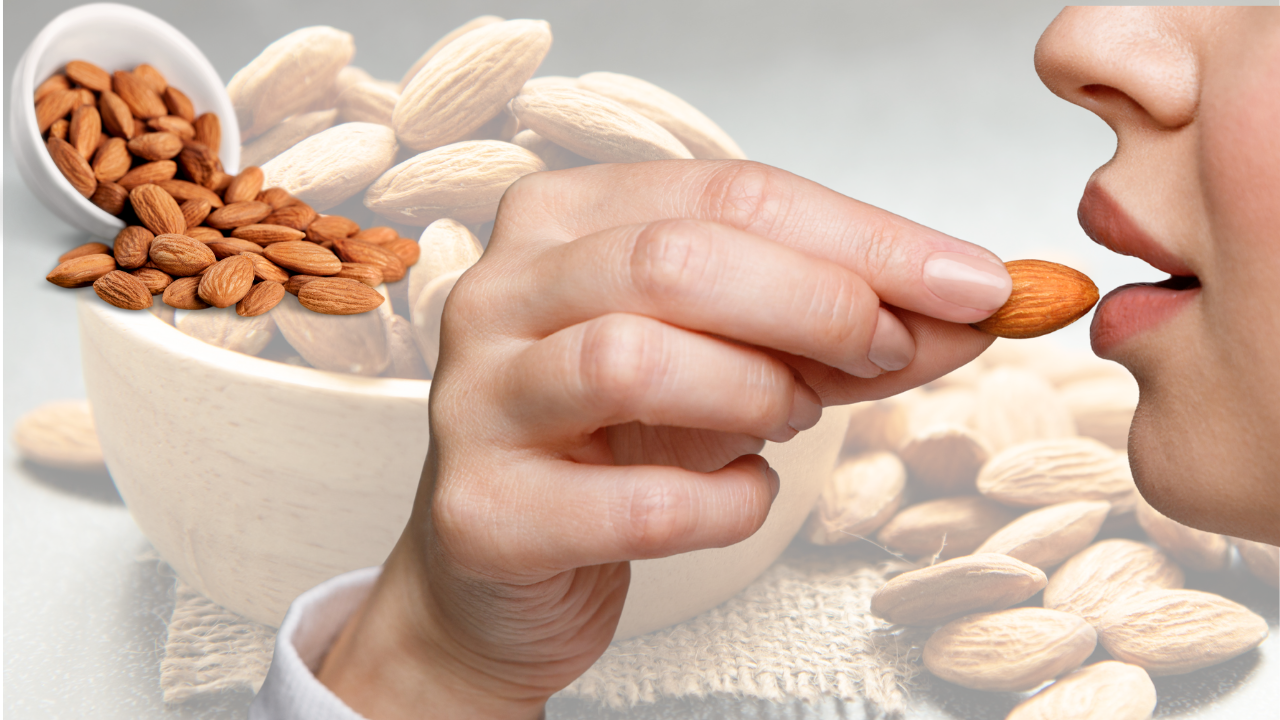How 60 Grams of Almonds Daily Protects DNA and Beats Stress: Study

Credits: Canva
SummaryA study reveals that eating 60 grams of almonds daily can protect DNA, reduce oxidative stress, and strengthen antioxidant defences. Rich in vitamin E and bioactive compounds, almonds act as natural bodyguards, supporting cellular health, immunity, and long-term wellness.
End of Article
